Before we begin…
Do you mind if a book is really written by the author listed on the cover or do you want to know if a “ghost” helped her/him/them? Does knowing the author didn’t write the actual words change how you feel about the book? If you have done some ghostwriting, tell us how it has gone for you.
Welcome! You’ve reached Spark. Learn more here or just read on. If you received this from a friend, please join us by subscribing. It’s free! All you have to do is press the button below. If you have already subscribed, welcome back! If you see something you like, please hit that heart so others can find us more easily.
A Conversation with A Ghost Writer
When I read Michelle Obama’s memoir, Becoming, her voice leapt from its pages. I recognized her on each page and often felt as though she were speaking directly with me. Only recently did I learn that she could not have written it without the help of other writers she trusted, something that even Obama herself acknowledges.
I’ve long wondered about these ghosts who birth the words of others into the world and, in my ignorance, have sometimes regarded the use of a ghostwriter as cheating on the part of the author. I’ve also wondered what all this looks like from the perspective of ghostwriters themselves. From the outside, a major requirement seemed to include the absence of ego, the willingness to adopt the very voice of another. It takes years for writers to discover and hone their own voices, what does it feel like to transmit only the voices of another on the page?
For Hannah Todd, this question pales in importance to what the job provides: a mentally stimulating, flexible job that keeps the roof over her head while she pursues her passion to direct theater. In fact, she finds the challenge of helping experts in academia, business or other fields of endeavor express themselves to be rewarding. Some people, she reminded me in a recent interview, are incredibly smart, have important information or incredible stories but just can’t write.
And the more successful they are at what they do, the less time they have for penning their own work. She first heard about this sideline from one of her theater colleagues who worked for a small company called BusinessGhost.
“I’d done the temping thing. I worked as a personal assistant, stuff like that and, honestly, that was pretty miserable. I’ve always been a strong writer. I’m self-driven and can manage my time. I thought it would be good to find something I enjoyed doing that gave me the flexibility to do my theater work.”- Hannah Todd, Ghostwriter
That was 11 years ago. She’s been a ghost-for-hire ever since, first for BusinessGhost and now with Advantage/Forbes Books which acquired her previous employer and, increasingly, as her own boss, working directly with her clients. Her bio captures the range of work she has done over 11 years as a professional ghostwriter, book doctor, and editor of over 30 books which include “personal memoirs, entrepreneurship, business management, workplace culture, financial planning, self-improvement, the history of economics, education, public relations, recruitment, climate change, artificial intelligence, and the mysterious and intriguing world of an elusive perfume.”
Along the way, she has tapped into her training in theater and drama. It’s both a draw for prospective clients and then, once she begins, provides a toolbox to pull from in helping to write the book.
“I understand narrative arc, how to string things together to make a story and then how to these stories into a bigger over-arching narrative,” she says. “I understand the importance of point of view.”
She also understands how to slip inside the character of her client, the author.
“It all comes from them – the work, the data, the words. During our interviews I not only get the information but I notice their cadence, their syntax, their tone. When I write, I try to make it sound like them.”- Hannah Todd.
At the same time, the ghostwriting feeds the part of her that loves to write. “My theater work uses a lot of the same muscles in terms of storytelling but doesn’t actually use any writing muscles. It’s nice to have this day job because I love to write but have no interest in writing a play.”
But what if writing is your main gig?
Here is a quick look at three ghostwriters who wrote about ghostwriting in their very own voices.
Cindy DiTiberio
Cindy DiTiberio loved ghostwriting and she was good at it. After nearly a decade as an editor in a publishing house, she used all her knowledge to help clients like Roma Downey and John O’Leary write books that landed on bestseller lists. She has been successful but yearned to rediscover her own voice as she writes in this piece for Brevity, “Giving Up The Ghost” which covers her decision to pursue more of her own writing;
“For eight years, I had leased space in my brain to others. Once the tenants were out, I realized that my own thoughts had been drowned out by the psychic energy of others. To have my mind to myself again felt like the greatest luxury. And yet it was also terrifying.” - Cindy DiTiberio
Ghost writing had been safe. “I didn’t have to worry about whether the books would sell, or how to sell them; my job was just to create. I got to live in the sweet spot, with none of the risk, but also, little of the reward.”
She has since stepped outside that sweet spot. The publisher of Literary Mama, she also publishes a newsletter called Mother Lode, and has written for The Lily at the Washington Post and others.
Sari Botton
Then there is the problem of “having to handle intense personalities with kid gloves,” as Sari Botton put it in her essay “Ghost Stories,” Botton wrote about the highs and lows of ghostwriting in the essay “Ghost Stories” which also appeared in the anthology Scratch: Writers, Money, and The Art of Making A Living edited by Manjula Martin.
Right from the start she describes ghostwriting as a job she wouldn’t do if she didn’t need the money. The highs: helping an author’s daughter, who had severe learning disabilities, write an afterword that “made her feel proud.” The lows: a wealthy client who was “so used to having people do things for her she doesn’t even know she’s not actually doing them! I feel like another one of the many people she pays to live her life for her, and it doesn’t feel great.”
Botton has found or created many outlets for her own voice. The author of the memoir, And You May Find Yourself…Confessions of a Late-Blooming Gen-X Weirdo, she also writes for a wide range of publications and edits both Memoir Monday and Oldster Magazine, one of my favorite newsletters which explores every age with curiosity, humor, and great writing.
Sarah Tomlinson
Sarah Tomlinson called herself “The Accidental Ghostwriter” in this short piece. A journalist by training and a writer by vocation, she writes about her unplanned launch into ghostwriting and lists a few of the more famous of the 19 clients she’s worked with (Tila Tequila, Tod Bridges.) She was the ghost behind two New York Times bestsellers and was acknowledged on the cover of another: Fast Girl: A Life Spent Running From Madness by Suzy Favor Hamilton.
Tomlinson has written many essays and articles in her own name (see her website) and, in 2015, published her sometimes “darkly comic” memoir: Good Girl, a story of coming of age in unconventional surroundings and coming to peace with the father who broke her heart.
Ghosty nuts, bolts, and trivia for your next social gathering
For writers: the nuts and bolts of ghost writing can vary widely and so can payment. Even very successful ghostwriters like J.R. Moehringer may never be seen on the cover of a book. Being listed in the acknowledgements can be part of the contract but often, the ghostwriter’s name will not appear at all. As Todd points out, ghostwriting is a lonely business. There are not many gathering spots or communities online to support ghostwriters in terms of networking or providing support but there are some links to resources that may provide a starting point for those writers who are interested in learning more. They will be added to our Resources for Writers and Writing Groups page as well.
A Course from Jane Friedman and Roz Morris: Become A Ghost Writer
An Interview With A Ghost Writer from JobShadow
If you’re a reader, and just want to get the skinny on all those famous people who didn’t write their own books, here are a couple of fun lists and links:
The New York Post: Meet The Ghostwriters Who Pen Bestselling Celebrity Memoirs
The Writers For Hire: 10 Famous People Who Used a Ghostwriter
Our community keeps growing!
Welcome to each and every new person who has joined us. It’s thrilling to to find so many new folks on board each day. If you would like to check out past issues, here’s a quick link to the archives. Be sure to check out our Resources for Readers and Writers too. And help us spread the word by sharing Spark with your friends.
That’s it for this week. Let me know you are and what you’re reading. If there’s an idea, book, or question you’d like to see in an upcoming issue of Spark, let us know! Use the comment button below or just hit reply to this email and send your message directly.
Ciao for now.
Gratefully,
Betsy
And remember, If you like what you see or it resonates with you, please take a minute to click the heart ❤️ below or at the top of this newsletter - it helps more folks to find us!
P.S. And now, your moment of Zen…It was either this or a reading of Zen Ghosts by John J. Muth (which is really kind of fun and peaceful)
Demi Moore, wrote a memoir (Inside Out) but it was really written by Ariel Levy. She also appeared in this movie, Ghost, with Patrick Swayze, may he RIP. If you want to see an even better and classier version of this movie, watch Alan Rickman and Juliet Stevenson in Truly, Madly, Deeply which is so much better than its trailer.
Calling for Your Contribution to “Moment of Zen”
What is YOUR moment of Zen? Send me your photos, a video, a drawing, a song, a poem, or anything with a visual that moved you, thrilled you, calmed you. Or just cracked you up. This feature is wide open for your own personal interpretation.
Come on, go through your photos, your memories or just keep your eyes and ears to the ground and then share. Send your photos/links, etc. to me by replying to this email or simply by sending to: elizabethmarro@substack.com. The main guidelines are probably already obvious: don’t hurt anyone -- don’t send anything that violates the privacy of someone you love or even someone you hate, don’t send anything divisive, or aimed at disparaging others. Our Zen moments are to help us connect, to bond, to learn, to wonder, to share -- to escape the world for a little bit and return refreshed.




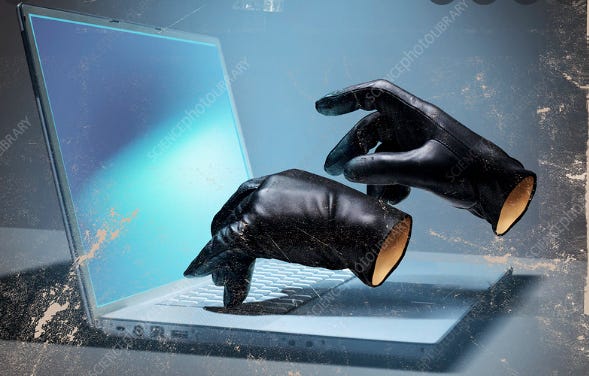
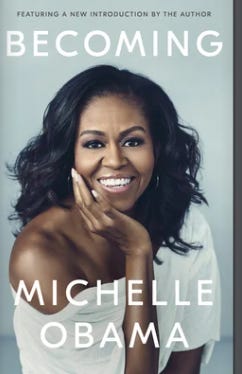
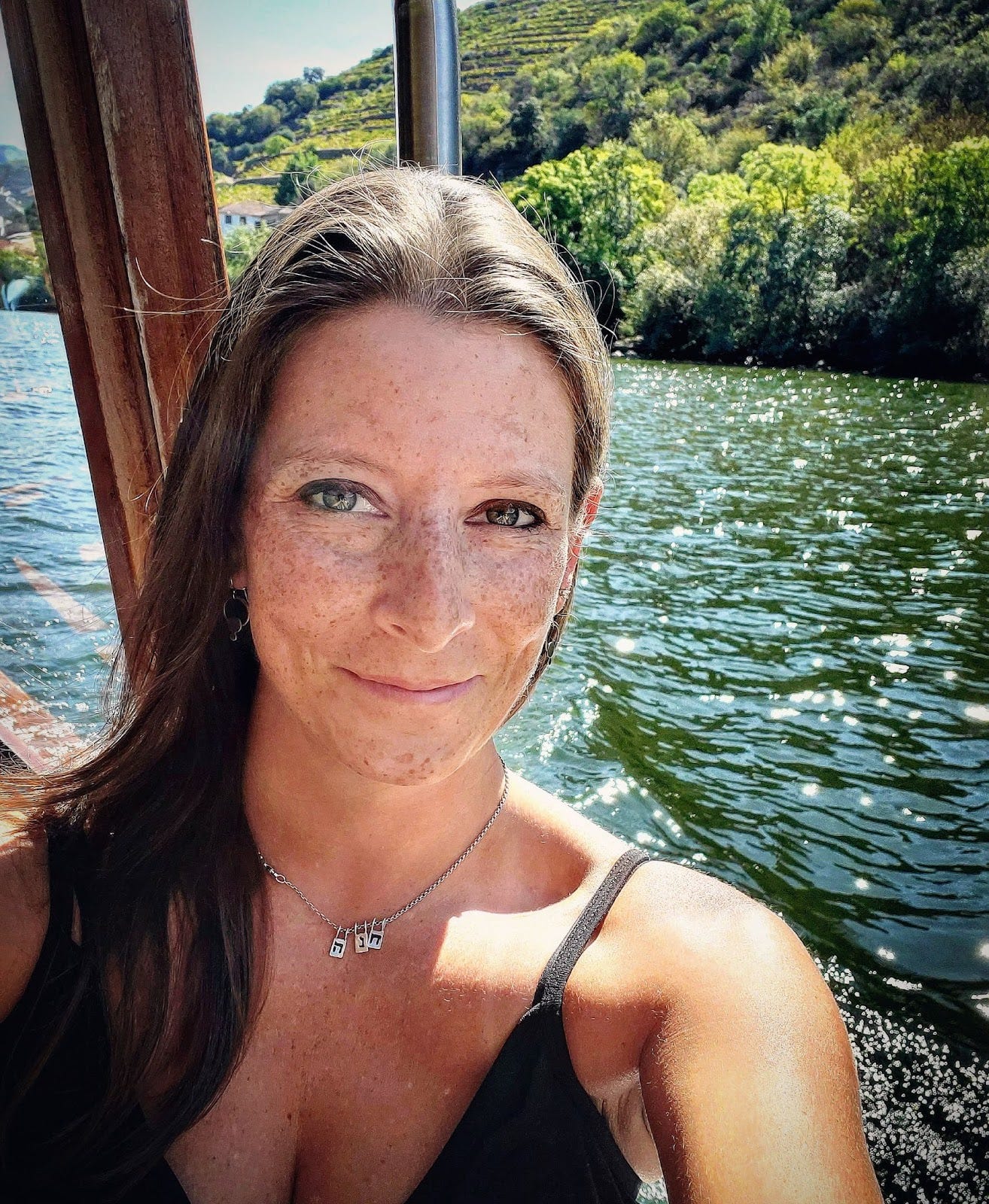
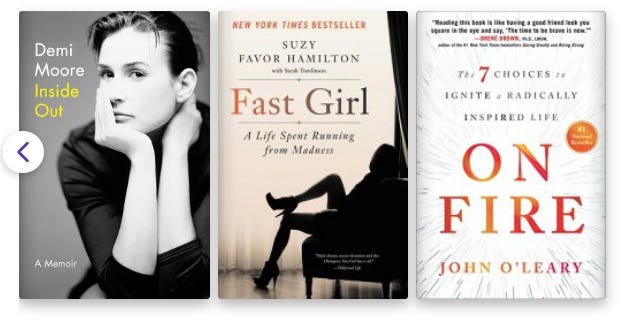
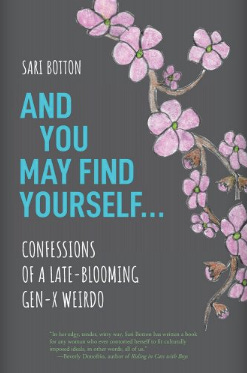
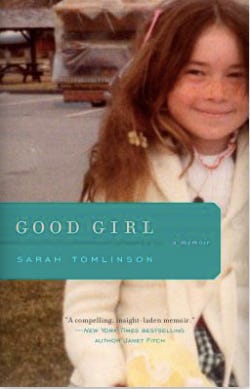
In an ideal world a ghostwriter would be acknowledged, but given how widespread ghosting is, you could argue that being paid is an acknowledgement in itself. A good few politicians have speechwriters and article writers, who put words into their mouths and opinions into the public domain. And when it comes to original thoughts and copy, publishers, their editors and publicists can all influence what we read. There is nothing new in this. I don’t need a ghostwriter. What I need is someone famous to lend me their name. Just one book. Income split 50-50. That would do me nicely. Robert
As a ghostwriter myself I super enjoyed this! I think Trust, Hernat Diaz's new book, is about ghostwriting.